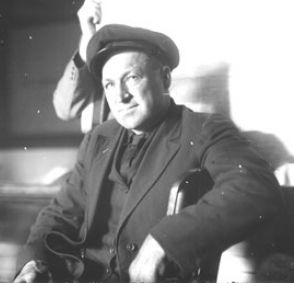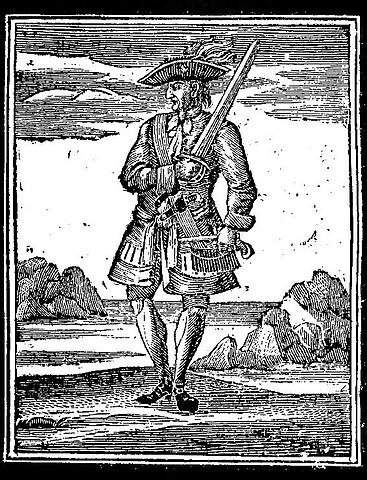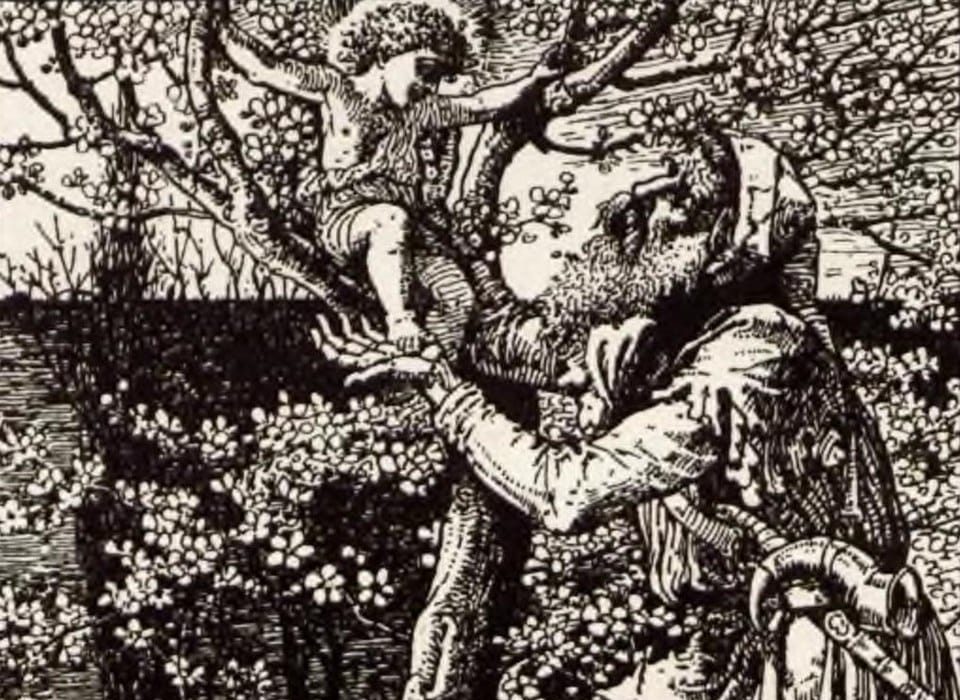I hail from the far reaches of the US in a land called Michigan, where the trees are plentiful–as well as the freshwater lakes. Indeed, with five Great Lakes surrounding our borders, native Michiganders are taught to recognize the waters as a crucial part of our history and economy (repeat with me, HOMES). In this post, I would like to discuss a different part of the aquatic lore surrounding Michigan: The Great Lakes pirates!
Background
A pirate’s life was difficult, so what might bring a pirate to the Great Lakes? Well, already being here and familiar with the trade along the shores is one thing. For instance, throughout Michigan history, there has been large amounts of trapping, trading, and lumber milling, which brought all manner of individual to prospect an economically beneficial future.
As Michigan Public states: “Up until the mid-1800s, there was a Wild West mentality on the Great Lakes. Pirates stole beaver pelts, timber and sometimes entire ships” (Williams).
We have to remember that not all pirates are like those from Treasure Island by Robert Louis Stevenson. They don’t all have peg legs and talk with a brash, seafaring accent. Not quite the case at all. Pirates in this case could be people living right next door who had access to a ship with intent to “attacks other ships in order to steal from them” (Cambridge). Additionally, pirates can be those who steal lumber or smuggle stolen alcohol to major cities, while riding in a humdrum ship such as a schooner or a sloop (Williams).
Now, let’s explore some specific examples of notorious pirates who operated on the Great Lakes.
Examples of pirates on the Great Lakes
A legendary pirate in these parts, Dan Seavey, was actually a sailor in the US Navy before venturing into a life of piracy. As some sources state, after the military he was “a poor man with only his ship, Wanderer, to his name,” so “he took up a life of plundering” (Pure Michigan). Seavey was also the only man to ever be “formally” charged for piracy.

Seavey would do a number of illicit activities in order to attain his ill-gotten gains, including putting up “fake lights that simulated a port,” to dash ships on the rocks, and even getting a round of sailors drunk enough to steal their ship and sell all its contents.

A few other examples cited by other sources include the King of Beaver Island, James Jesse Strang (1855), who allegedly “saw it as his right to rule the entire island and therefore take goods and land from the Christians,” which caused newspapers to declare he and his followers as “pirates” (Berner).
Likewise, John Rackham (1700s) stole anything during his time, from cash boxes to ships. For the most part, these pirates, including Seavey, were after practical inventory, including lumber (timber pirates), alcohol, and venison.
Conclusion
While the pervasive image of the pirate is a tattooed man in eyeliner holding a bottle of rum, the reality is that pirates are more likely economically disadvantaged individuals with a need to make a buck. Case in point, selling easily stolen items and selling them quickly is beneficial to privateering. Now, as for the theft of entire ships and selling their contents–that’s just hubris.
As such, the Great Lakes have a rich and unique history of piracy that differs from the classic tales of parrots and plunder. These aforementioned pirates were driven by economic necessity, and their stories add a fascinating chapter to Michigan’s economic history.
Works Cited
“Michigan Pirates of the Great Lakes.” Pure Michigan. Michigan.org. Web. https://www.michigan.org/article/trip-idea/michigan-pirates-great-lakes
Berner, William. “The Mormon Pirate King, James Strang.” Military History of the Upper Great Lakes. Oct. 15, 2016. Web. https://ss.sites.mtu.edu/mhugl/2016/10/15/the-mormon-pirate-king-james-strang/
Williams, Rebecca. “Sure, there were pirates in the Caribbean, but the Great Lakes had them too.” Michigan Public. Oct. 14, 2014. Web. https://www.michiganpublic.org/environment-science/2014-10-14/sure-there-were-pirates-in-the-caribbean-but-the-great-lakes-had-them-too




Leave a comment